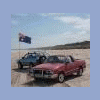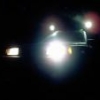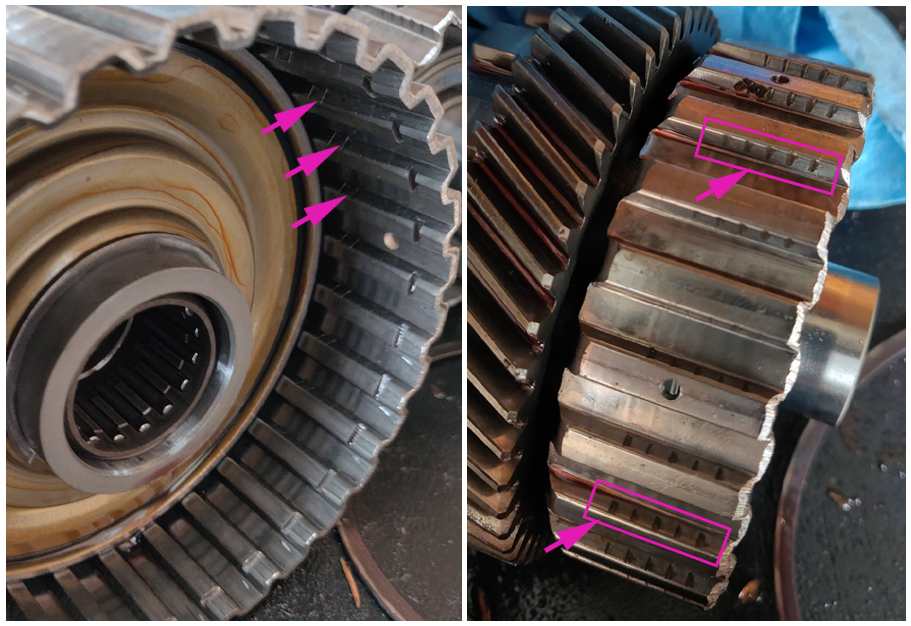Leaderboard
Popular Content
Showing content with the highest reputation on 10/14/20 in all areas
-
It's not like that. This isn't a "subaru problem", with a few minor caveats I'll get to in a moment. Rust is about exposure to caustic chemicals used all across the northeast, midwest, and a few areas out west (apparently yours, or your car came from somewhere else that did in the past). Year/make/model is not the right question to avoid rusty Subarus. That's why there are plenty of rust free old Subaru's out west and down south. There are a few variables like minor weather advantages, Subaru's are low to the ground so are closer to caustic chemicals and have tight unibody parts that hold them better/longer. And they are simply USED in the snow, and see caustic chemicals. Very few Subaru owners avoid snow or have a 2nd vehicle for winter driving like german car or garage queen truck/jeeps. But those aren't a big deal - it's mostly about exposure to caustic chemicals which can be avoided if you search down south and out west like Portland, Seattle, Colorado, and see 1980's and 90's Subaru's with zero rust. it doesn't matter. Simply put - avoid the 1996-1999 DOHC's and all the rest are about the same in terms of practically considering cooling/headgaskets. Ej251/253 - The differences were minor 10 years ago and the nail is on that coffin 20 years later due to age. The "EJ253 improved cooling" comment should be entirely ignored for a litany of reasons that I don't have time for and would require logically and statistically pointing out the absurdity of all the internet hypothesis, guesses, and anecdotal points over the decades that you'll see searching online. Factory installed gaskets usually leak externally so there's little chance of stranding events. They usually leak externally and get worse over 10's of thousands of mile. This means they aren't prone to multiple serious overheating events like the DOHC. In those terms, and due to age, all the post DOHC EJ25's are practically the same when considering buying 15-20 year old ones. If they leak - use a Subaru MLS gasket, torque specs, resurface the heads, clean the block properly, and make sure all bolts and threads are clean and lubricated when torquing.2 points
-
There are no DOHC EJ25s in those years. 99 was their last year. They don’t fit into 01+ easily and won’t run without modifications so that’s not a concern. the passengers and drivers side front timing covers have two HUGE circular impressions on them for DOHc. All SOhC are smaller and don’t. google timing cover pictures if you’re not familiar. but again you’ll never see one in 2000+ subarus anyway.1 point
-
Removed it and got it seated finally! I think I may have gotten a little crazy with the anti seize in there. Cleaned it out and am now good to go. Thanks for all the help.1 point
-
Thanks for the discussion all, it is useful to have all these opinions in one thread. I was lucky to find another nice 98 a couple years ago, but the rust is starting to take hold. I would love to find a rust free, low mileage 00-04; do those still exist? LOL. What is the consensus on when the rusting issues were properly addressed? I see a lot in the midwest that have the spots over the rear wheels. I guess I'm not sure if mine had some lurking below the surface, or if it was just ineveitable here without a garage to keep it in, I want my next one to last a long time and outside of some of the issues discussed rust seems to be the limiting factor. Nipper - It sounds like you are down right now, but I have to say rolling around camping with a teardrop and a dog doesn't sound all bad. Good to see you around.1 point
-
1 point
-
I'm probably going to pull the engine out for investigation or I'm considering doing a transplant with a different engine. Was wondering which engine would drop in with the minimum amount of fettling???1 point
-
1 point
-
Depends what you’re towing too. For most people choosing to tow they’re going to size it appropriately and a 4 will do fine. If you’re pushing weight/temp/grade limits, the same weight can pull like a parachute or smooth. Subarus are shorter than most trucks, tall loads can drag bad if they’re considerably higher than the vehicle. That’s not a big deal until you’re approaching or exceeding limits - weight/temp/grades.1 point
-
True, thanks for point that out to me. I was adding to your comment as to why this may be: Cheers Bennie1 point
-
Link to the FSM just for the knock sensor. Scroll down for the 2.5. Torque spec is very important. http://jdmfsm.info/Auto/Japan/Subaru/Legacy_Outback/1997/Service Manual/ENGINE SECTION/FUEL INJECTION SYSTEM/MSA5TCD97L3521.pdf Orientation-- Mainly wire length. One of our EJ 22 had a ridge on the block where the wire comes out of the knock sensor and caused it to crack the plastic housing on it. I turned it towards the Left headlight. If the engine begins to knock (low octane gas) it will send a signal to the ECU and it will retard the timing. The ECU needs to see it is connected, otherwise it will set a code. The knock sensor can retard the timing soo far that the engine will die and not set a code.1 point
-
everything I have read points to the 4EAT being much superior off-road to the 5spd. just my opinion(also, my WRX's 5spd removed all the teeth from 2nd gear - under 70K miles, NO power mods)1 point
-
Mechanically, it's basically identical. Electronically, it gets quite a bit harder. 07 might be immobilizer and CAN-BUS, it's certainly VVT. I've never tried on one of those, but there will be more wires than a '99, and it will be far more crucial that it's all hooked up correctly (things like EVAP sensors and solenoids, etc.).1 point
-
Same here. I work on computers and me and touch screens and touch pads do not get along at all. I hate them. Have to plug in a mouse to work on them. Can't do that with a car.1 point
-
05-09s kind of suck relative to other years. They’re struts, power steering are garbage compared to 00-04s. Any 05-09 I get I can assume those trash items will need replaced, and it’s not like they’re any better in some way that makes it a trade off. 00-04 (or baja) struts are commonly installed as upgrades (direct swap) over 05-09s struts. and plan on $300 OEM steering pump or replacing aftermarket a few times to get a good new one. Wheel bearings are also more likely to fail. Those aren’t big deals and easily remedied in a way but they have no advantage to 00-04s....except they are newer. If it were for my family/friends I’d get a nice low mileage 00-04 southern/western rust free 03-04 Outback all day long over a lower grade 05-09. Fly or have it shipped - do whatever you need. I shipped a Forester like 400 miles this summer for like $350. Dirt cheap and expands my range for a better deal in the end. Or spring for a 2017+. In between is no mans land. Limited advantages for a little lower maintenance and reliability.1 point
-
exploded Parts diagram on Opposed Forces site... part #20 is the "basket" - called complete shaft in the parts list.. and yes, it would appear that the piece you marked in red in the picture is the backside of that part... http://opposedforces.com/parts/legacy/us_b11/type_17/automatic_transmission/at_transfer_and_extension/illustration_3/ I have pointed out some of the grooves that need to be sanded out below.. on both the outer basket and the inner portion..( ALL grooves need to be removed.. not just the ones pointed at, btw) grooves will typically be worn in all the way around. If they are severe enough, it would warrant replacing the parts rather than attempting to "fix" them The clutch plates need to move freely inside the basket.. when the baskets get these grooves worn in them, the plates get stuck and do not move properly.1 point




